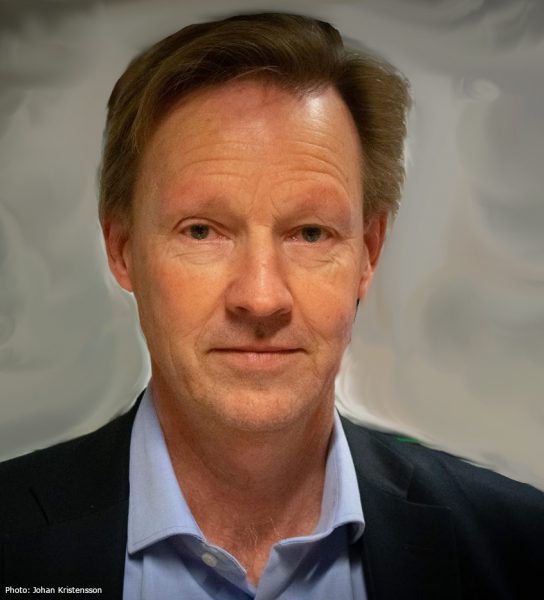
- This event has passed.
SEMINAR: Novel Propulsion Concepts for Sustainable Aviation
February 26, 2021 @ 10:00 am - 11:00 am
Abstract:
Aviation is at the crossroads: Before the Covid-19 pandemic we were struggling with crowded flight corridors across Europe, in Asia and in the Americas, as well between the different continents in parallel to trying to mitigate the climate impact of aviation. The future of aviation is likely to include a range of technologies trying to mitigate these challenges. Regarding the climate impact of aviation all-electric aircraft, conventional aircraft running on alternative or bio jet fuels, and cryoplanes have all been proposed as potential solutions. Regarding the crowded flight corridors potential solutions include shifting long-haul flights from intercontinental to antipodal trajectories, requiring different types of aircraft potentially based on supersonic or even hypersonic design burning hydrogen or bio jet fuels. The European Commission is currently funding several large research projects focusing on these aspects: STRATOFLY aims at designing a 300-passenger aircraft reaching speeds of Ma 8 and flying more than 30 km above the ground in the stratosphere. MORE&LESS aims at developing high environmental standards for future sustainable supersonic aviation by investigating hydrogen and bio jet fueled aviation concepts. In this lecture I will discuss the background for developing these projects in Europe and some of the technological solutions that we need to develop. More specifically I will focus on the engine technologies required to reach these goals, and particularly on the combustion processes required to deal with this wide spectrum of fuels and operating conditions involved in developing new engine technologies. High-fidelity experiments and numerical simulation are cornerstones in the technology development that can both mutually validate each other and, at the same time, provide unique information about the physics and chemistry involved. Examples from studies conducted in both EU projects mentioned will be discussed.
Bio:
Prof. Christer Fureby is the head of the Heat Transfer division at the Department Energy Sciences since Jan 2020. This division conducts fundamental and applied research and education in thermal fluid flows and combustion using both experimental and computational methods. Prior to that Fureby was the Research Director of the Computational Fluid Dynamics and Combustion (CFD&C) group at the Defence & Security, Systems and Technology division of the Swedish Defence Research Agency, FOI, in Stockholm, Sweden. The CFD&C group conducts applied research in the areas of aero- and hydrodynamics and acoustics, reactive flows, weapons physics, and contaminant transport. Between 2003 and 2012 he also held a position as adjunct professor in hydrodynamics at Chalmers University of Technology in Gothenburg, Sweden. Fureby received his M.Sc. in civil engineering at the Faculty of Engineering at Lund University in 1989 and his Ph.D. in engineering physics, also at Faculty of Engineering at Lund University in 1995. After that he worked as post-doctoral fellow at the department of Mechanical Engineering at Imperial College in London, UK. In 1997 he moved to FOI (then the Swedish Defence Research Agency, FOA), first as a researcher, then as a senior researcher and since 2003 as research director in the field of computational fluid dynamics and combustion. Prof. Fureby is an associate fellow of the American Institute of Aeronautics and Astronautics and a member of the Combustion Institute. Fureby have published more than 250 conference papers, journal articles and book chapters. Fureby is also the 2020 Research Excellence Award winner of The Combustion Institute.
Contact him at christer.fureby@energy.lth.se.
Google Scholar: https://scholar.google.com/citations?user=17Q3kl0AAAAJ
Zoom info:
Meeting ID: 974 8982 7336
Password: 435155

